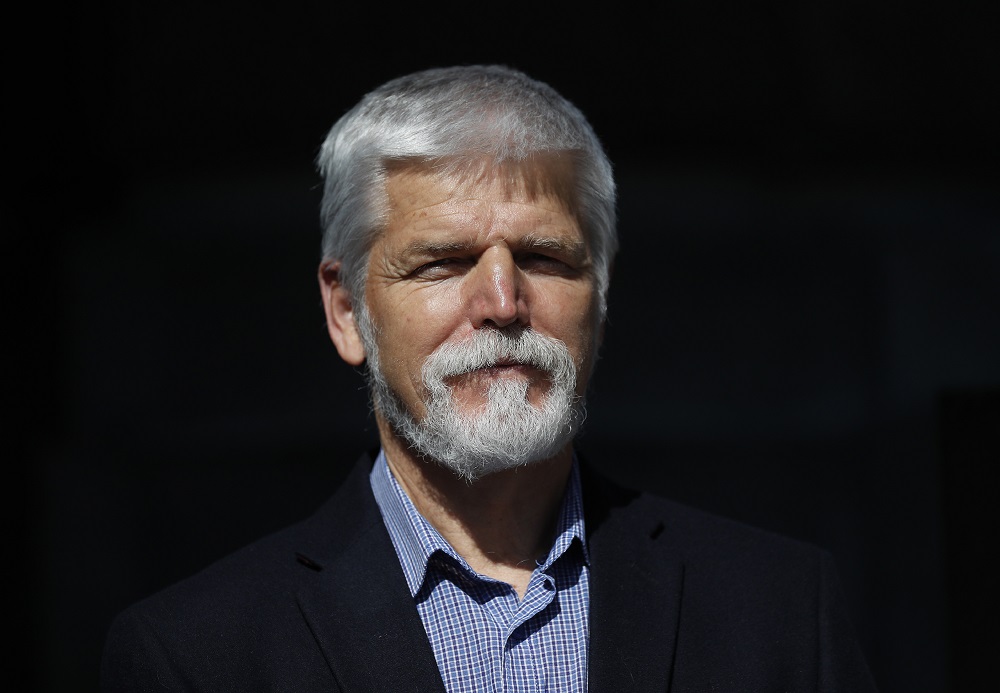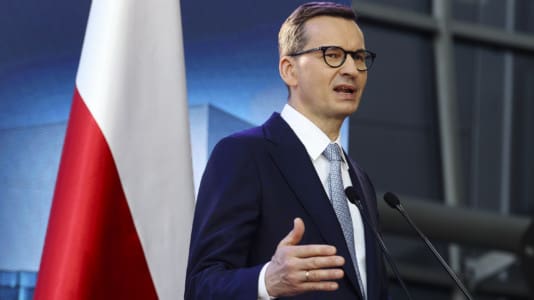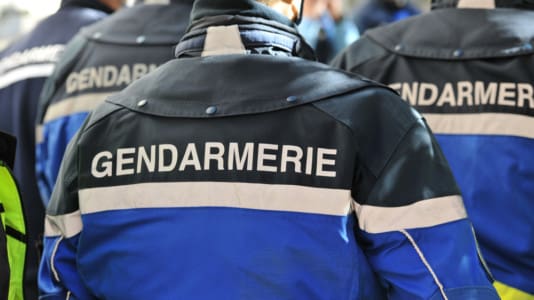After 70,000 people protested against the Czech government last Saturday over the government’s stance on the Ukraine war and surging energy prices, Czech Prime Petr Fiala hit back by claiming those protesting were pro-Russian, going so far as to say there is a “fifth Russian column” in Czech society. Fiala’s claim has already been criticized by a number of politicians, with a former general, Petr Pavel, also now coming out against Fiala’s remarks.
Pavel is a significant figure in the Czech political scene, and polling shows him winning the presidential election, which is set to take place in January 2023.
“I spoke to a woman who felt hurt by the label, and I totally understand. It is not good to label everyone as extremists and Russophiles,” said Pavel to Czech news outlet Novinky. “Many people came there out of frustration, they don’t see a way out. I agree that the organizers abused a large part of the protesters. When someone shouts essentially Nazi slogans about the dilution of society by Ukrainian refugees, few of those present probably identify with that.”
[pp id=47690]
“It should be condemned, but not all 70,000 people. On the contrary, we have to pay attention to them, otherwise the number of protesters will increase. If someone calls them extremists, next time they will take their relatives with them.”
Pavel said the biggest problem is that neither the former nor the current government can communicate well about what they are doing. According to him, the previous government was not willing to communicate with anyone, and it took a long time for former Prime Minister Andrej Babiš before he sat down with governors, the opposition, non-profits, or the private sector.
It should be noted Pavel could potentially face Babiš in the upcoming presidential race. Pavel claims the current government is better at communicating, but it communicates poorly with citizens, and the opposition exploits this.
As a president, Pavel said he would seek to make things easier. He said that a president should look for common denominators between the government and the opposition to transfer good ideas from experts to the political level. If the government takes a lax approach to communication, the president can initiate changing this, as the president has access to the media and can also arrange meetings with the government, the State Security Council, and the Parliament.
Pavel was a member of the Communist Party of Czechoslovakia from 1985 until the collapse of the Communist regime in 1989. Regarding his past hindering his stated efforts, he said that the role of the president is to make sure constructive opinions see the light of day, regardless who comes up with them. Pavel dismissed the allegations by historian Petr Blažek that he is lying about his past. According to Pavel, were his past problematic, he would not have been elected the chairman of the NATO Military Committee.
Visegrad Four has lost its purpose
Concerning foreign policy, Pavel would aid Ukraine for as long as necessary. For him, the fact that Russia must fail in Ukraine determines the time horizon. If Russia succeeds, it will be a loss for the democratic world. He said Czechs do not have to be ecstatic about Ukraine and its problems, but Europe should view it as a sovereign country that should determine its own destiny. In Pavel’s opinion, it is impossible to tell the Ukrainians to accept the loss of Crimea and the entire south just because it is good for Europe.
Pavel would also put less emphasis on the Visegrad Four, an alliance between Hungary, Poland, Czechia, and Slovakia, as it has, in his opinion, largely lost its purpose. He would focus more on bilateral relations, especially with Germany. Considering the level of interconnectedness, solutions to the energy crisis lie in Germany, not Poland, Austria, or Slovakia.
Pavel also said that talking about a U.S. base in the Czech Republic is pointless, as Americans themselves are not considering it. Within NATO, Czechia is a transit country, and as such, it should concern itself with having infrastructure supporting the transfer of men and equipment. That would not necessitate an American base.






